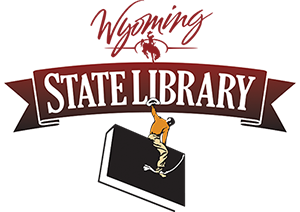Reposted with permission from ALA District Dispatch
Originally posted by Emily Wagner
 Librarians across the field have always been dedicated to combating misinformation. #TBT to 1987, when the American Library Association (ALA) Council passed the “Resolution on Misinformation to Citizens” on July 1 in San Francisco, California.
Librarians across the field have always been dedicated to combating misinformation. #TBT to 1987, when the American Library Association (ALA) Council passed the “Resolution on Misinformation to Citizens” on July 1 in San Francisco, California.
In response to the recent dialogue on fake news and news literacy, the ALA Intellectual Freedom Committee crafted the “Resolution on Access to Accurate Information,” adopted by Council on January 24.
Librarians have always helped people sort reliable sources from unreliable ones. Here are a few resources to explore:
- IFLA’s post on “Alternative Facts and Fake News – Verifiability in the Information Society”
- Indiana University East Campus Library’s LibGuide, “Fake News: Resources”
- Drexel University Libraries’ LibGuide, “Fake News: Source Evaluation”
- Harvard Library’s LibGuide, “Fake News, Misinformation, and Propaganda”
- ALA Office for Intellectual Freedom’s “Intellectual Freedom News,” a free biweekly compilation of news related to (among other things!) privacy, internet filtering and censorship.
- This Texas Standard article on the “CRAAP” (Currency, Relevance, Authority, Accuracy & Purpose) test.
If you are working on or have encountered notable “fake news” LibGuides, please share links in the comments.
